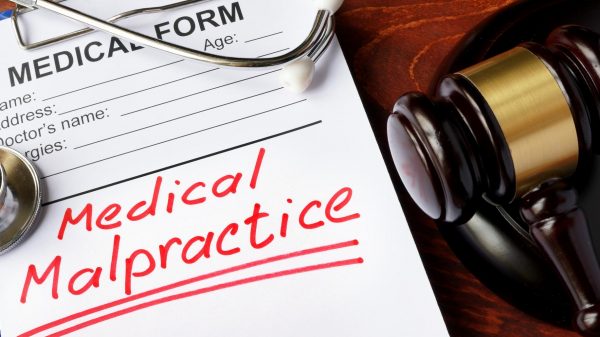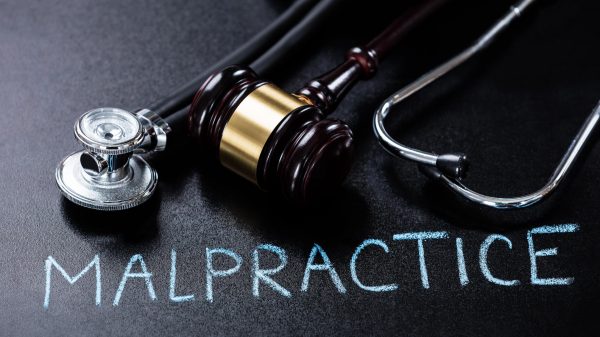In the intricate landscape of legal battles, expert witnesses loom large, often holding the power to sway a case’s outcome. Yet, for many plaintiffs, the nuances of expert witness categories and their impact on jurors’ perceptions remain elusive. Particularly in medical malpractice cases, the choice of expert witness can significantly influence the trajectory of litigation.
A recent analysis underscores a striking preference among jurors for expert witnesses who have not directly treated the plaintiffs during follow-up evaluations. Contrary to expectations, these non-treating physicians often command more respect from jurors than their counterparts who have been retained and paid solely for their expert testimony but were not involved in the plaintiff’s medical recovery process.
According to attorney Bob Cheeley, founder of Cheeley Law Group, the testimony of a treating physician or subsequent treating physician is deemed most favorable.
“It’s harder for the defendant to challenge the opinion of a treating physician who has been actively involved in the care of the victim of medical malpractice,” Cheeley explains. “On the other hand, paid expert witnesses are susceptible to attacks on their credibility, as jurors are aware of their financial incentive to testify.”
However, the journey to justice in medical malpractice cases is fraught with obstacles, with one of the primary challenges being the establishment of a breach of the standard of care by the medical provider. This entails proving whether the care provided met or fell below the accepted standard within the medical profession for that specific field.
Once a breach is identified, the pivotal task of securing expert witnesses ensues. Cheeley emphasizes the critical importance of expert credibility, regardless of whether they are treating physicians or specialists hired to review files and offer opinions.
“When I am cross-examining a defense expert witness or when I’m preparing my own expert witness for deposition or for testimony at trial, I want to ensure that there’s no soft underbelly in our case that the defense might penetrate,” Cheeley said. “I spend a lot of time preparing my experts, whether they are a treating physician expert or whether they are someone that I have to hire to review files and render an opinion.”
Nevertheless, the journey of an expert witness in the legal realm is not without its hurdles. Unqualified witnesses risk exposure to Daubert challenges, a specific type of motion to exclude unqualified expert testimony from trial. Every expert witness presented is subject to scrutiny, with opposing legal teams poised to contest their qualifications and opinions.
Expert witnesses exist far beyond medical malpractice cases. You find them frequently in civil cases in various courtrooms, including cases against automakers.























